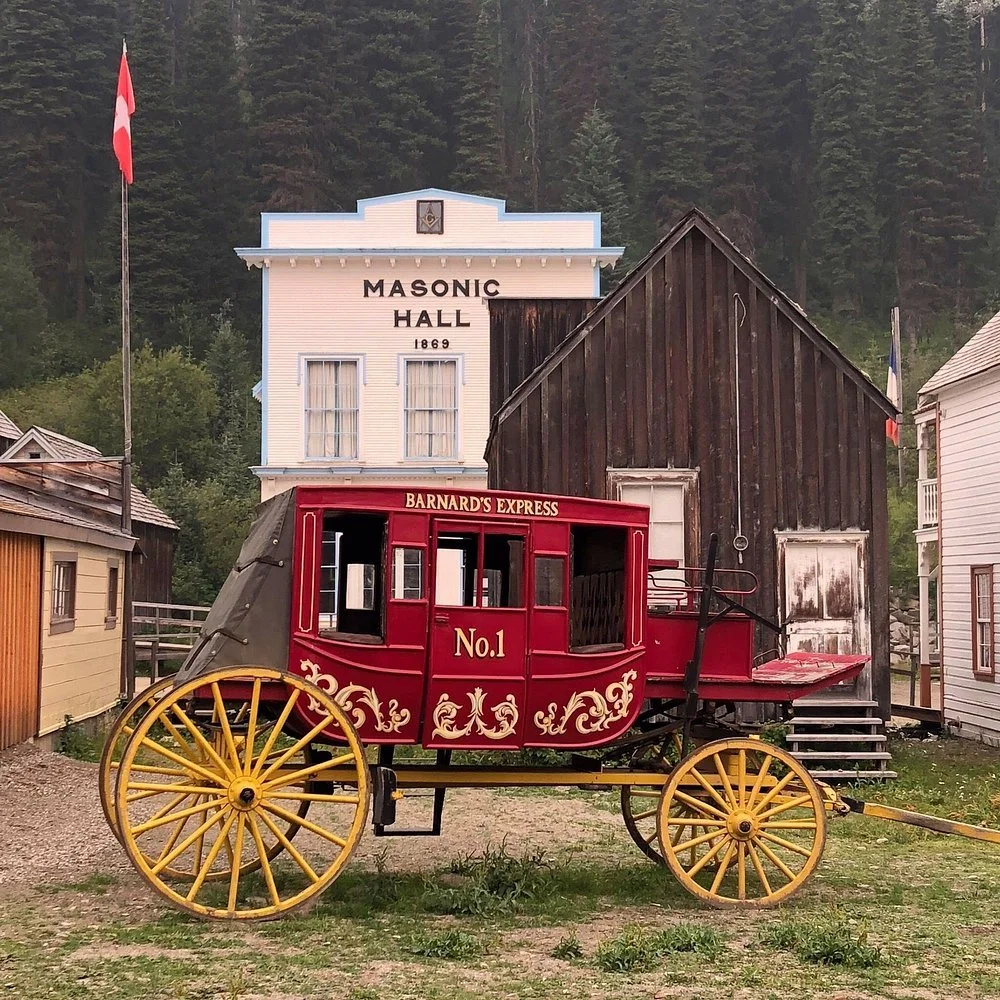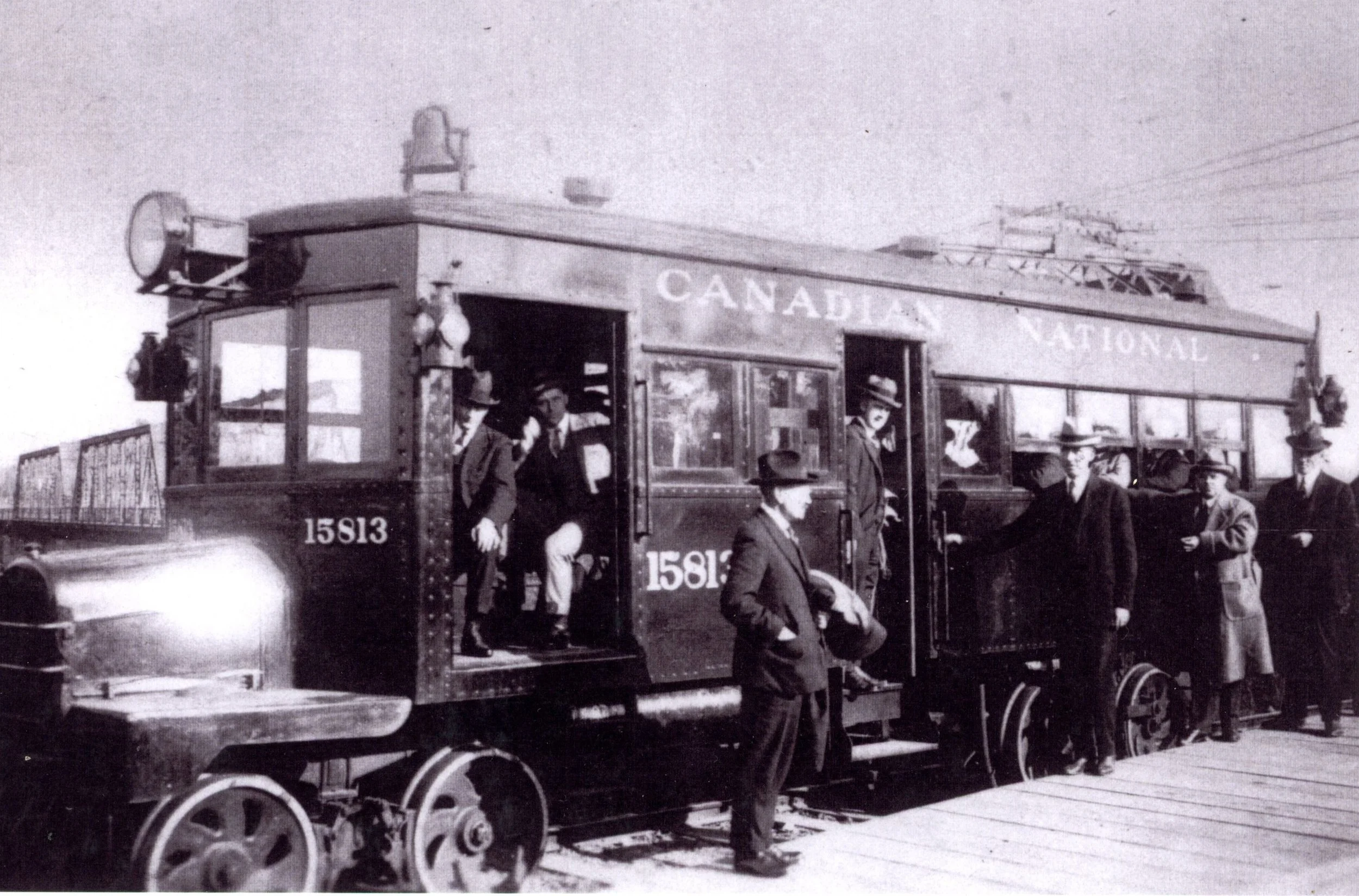Editorially speaking…
Further to this week's Chronicle, the conclusion to the tragic story of 1920s Cowichan Lake school teacher Mabel Jones, this is the second time in 15 years that the Mill Bay Malahat Historical Society has chosen to bring history to life via the stage.
And the second time that President Maureen Alexander has included Mabel's sad story, inspired by columns that I originally wrote for the Cowichan Valley Citizen.
In re-reading my files so as to expand upon and update those columns, I found an email I received in July 2009. One that made me take a deep breath and think about before responding to Victoria Dobson's query.
She wrote: "Hi: I read your article in July 15th '09 paper and found that my grandfather is mentioned in this article—Robert Magnone. Do you have any other history or info on him or my grandmother, Catherine Magnone, nee Ferrie?
"My mother, Edna Bernice Magnone, was born in Vancouver in February 1919 and grew up in Camp 6, then the family moved to Lake Cowichan but I don't know when. I would appreciate any info you have on my family.
My considered reply:
"As I have confined confined my interest in your grandfather to his role in the Mabel Jones story I am unable to provide you with anything more in the way of personal information.
"Your email is an uncomfortable reminder to me that, even when I write of events of 80 years ago, there are often living links to those people involved. it is not my intent to sensationalize our history nor to do Injustice to the participants, and I make every effort to stick to the facts so far as I can determine them through my research.
"That said, I'm sorry to say that neither I nor other historians have been kind to Mr. Magnone or to Mrs. Peck. Based upon her total lack of remorse or even understanding of Mabel's tragedy, as she demonstrated under questioning at the inquest, I have no empathy for her.
"As for Mr. Magnone, I've always had the feeling that he was simply out of his depth and, I dare say, devastated by the consequences of the trustees' actions."
So I wrote in 2009.
There's a distinct difference in telling a story about real people and real events respectfully vs. sensationalizing and exploiting them, and I've always tried to not cross that line. Pscyhologists tell us that all humans are wired for storytelling; it's in our DNA. Nevertheless, I believe that all storytellers, myself included, have a duty to tell those stories with some sensivity, respect, understanding, empathy and even, sometimes, compassion.
But I also believe that the facts speak for themselves. Our forebears' achievements should be remembered and celebrated—as for those who consciously chose to stray, and whose misdeeds also are a matter of public record, too bad.
I try to apply these standards in particular when writing true crimes stories. It certainly isn't my intent to cause victims further injury in the name of "infotainment".
Years ago, the Victoria Times-Colonist was considering another take on the 1943 Molly Justice murder which has been written about numerous times. A reporter, sensitive to the fact that there were still family members living, asked me if I thought that her tragedy bore repeating.
My reply at that time is that which I'd give today: "I'd rather that Molly Justice (who had a strong connection to my family) be remembered as a murder victim than that she be a murder victim and not remembered."
For Molly, and for all murder victims, I firmly believe that telling their stories to succeeding generations is a form of remembrance and honouring.
* * * * *
—www.tripadvisor.com
Hallelujah, Barkerville has escaped the wild fire that threatened its vety existence last week!
Frantic efforts had been made to wrap up and remove some of its priceless artifacts to safety. But saving these would have been little consolation vs. the loss of the historic townsite's buildings which have been one of B.C.'s greatest tourist attractions since its heritage designation in 1967.
Every summer seems to bring greater threats of wild fires to populated areas, historic and otherwise. We're going to be faced with future disasters—one more worry for those of us who have come to accept global warming as one of the world's new frontiers.
* * * * *
—BC Archives
I really must clean house more often.
To be more accurate, sort through my archives which have become a monster over the years. There are books, files and photos almost everywhere I turn. All of them priceless to me but, oh, so time-consuming and tedious to file away properly.
A recent find is this great shot of the self-propelled rail bus that ran for a few years between Victoria and Lake Cowichan in the 1920s-'30s. Victoria's Galloping Goose regional trail takes its name from this rattle-trap on wheels (it was anything but comfortable, according to recorded anecdotes).
It was a forerunner to the Dayliner of more recent memory on the E&N Railway which looks ever less likely to return to service, sad to say.
* * * * *



